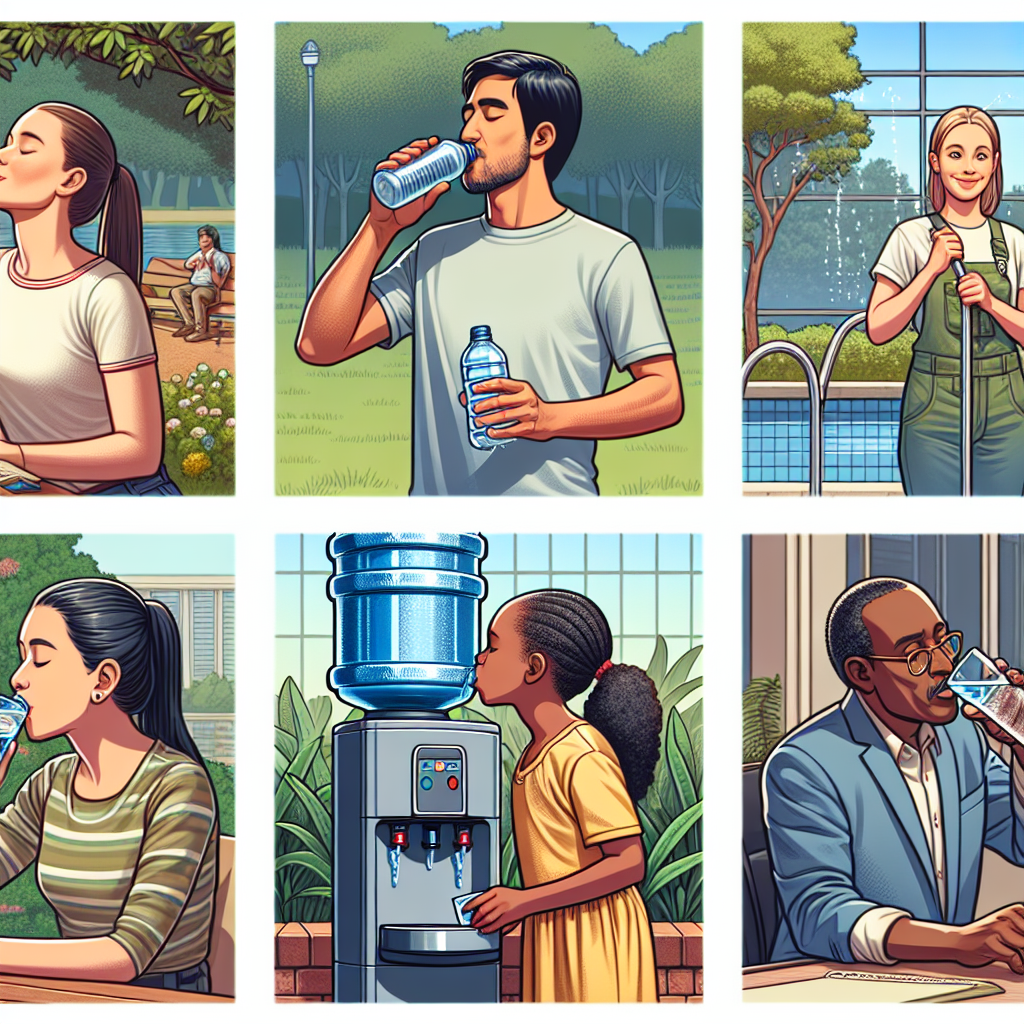Pemmy Majodina Urges Leaders to Prioritize Access to Water and Sanitation as Basic Rights
Addressing the Women in Leadership Dialogue in Pretoria on October 4th, Majodina emphasized that lack of access to these essential services disproportionately affects women and girls, particularly in poverty-stricken areas.

- Country:
- South Africa
Minister of Water and Sanitation, Pemmy Majodina, has called on women leaders within her department and its entities to ensure that the rights guaranteed by South Africa’s Constitution, particularly access to water and sanitation, become a lived reality for all women in the country. Addressing the Women in Leadership Dialogue in Pretoria on October 4th, Majodina emphasized that lack of access to these essential services disproportionately affects women and girls, particularly in poverty-stricken areas.
The Department of Water and Sanitation (DWS) hosted the dialogue, which brought together women leaders from the department and its associated entities to reflect on their role in expanding access to water and sanitation and uplifting women. The Minister highlighted that, although progress has been made in promoting gender equality since 1994, the majority of impoverished households remain headed by women.
Majodina pointed out the severe health risks women face when access to clean water and basic sanitation is unavailable. "Collecting water, often in 25-liter containers, while pregnant or pushing wheelbarrows, can lead to health complications. Additionally, giving birth in settings without safe drinking water or proper sanitation endangers both the mother and child,” she said.
She stressed the negative impact lack of water and sanitation has on girls' education, noting that many young girls miss school or spend valuable time collecting water, while those without proper sanitation facilities at home and school face hygiene-related challenges and a loss of dignity.
Majodina also addressed the safety risks women face due to inadequate water and sanitation access, explaining that women are often forced to travel long distances, risking harassment or violence when using shared toilets or relieving themselves in unsafe areas. "A lack of basic sanitation not only threatens their safety but also affects their dignity and self-esteem," she added.
Majodina urged sector leaders to recognize and address the gendered impact of water and sanitation issues, ensuring that decisions made within the department are driven by the values of equality and inclusivity. She called on senior leadership to make the department a safe and supportive environment for its female employees, where their rights are protected and promoted.
Majodina’s call comes at a critical time when South Africa faces ongoing challenges in providing universal access to basic services. The Women in Leadership Dialogue represents a platform to drive gender-sensitive policies and ensure that the fundamental human right to water and sanitation is upheld for all, particularly for women and girls living in poverty.
Through her remarks, Majodina reaffirmed the government's commitment to empowering women and ensuring equal access to essential services, which are crucial for achieving a non-sexist society and advancing women's rights.t
- READ MORE ON:
- Pemmy Majodina










